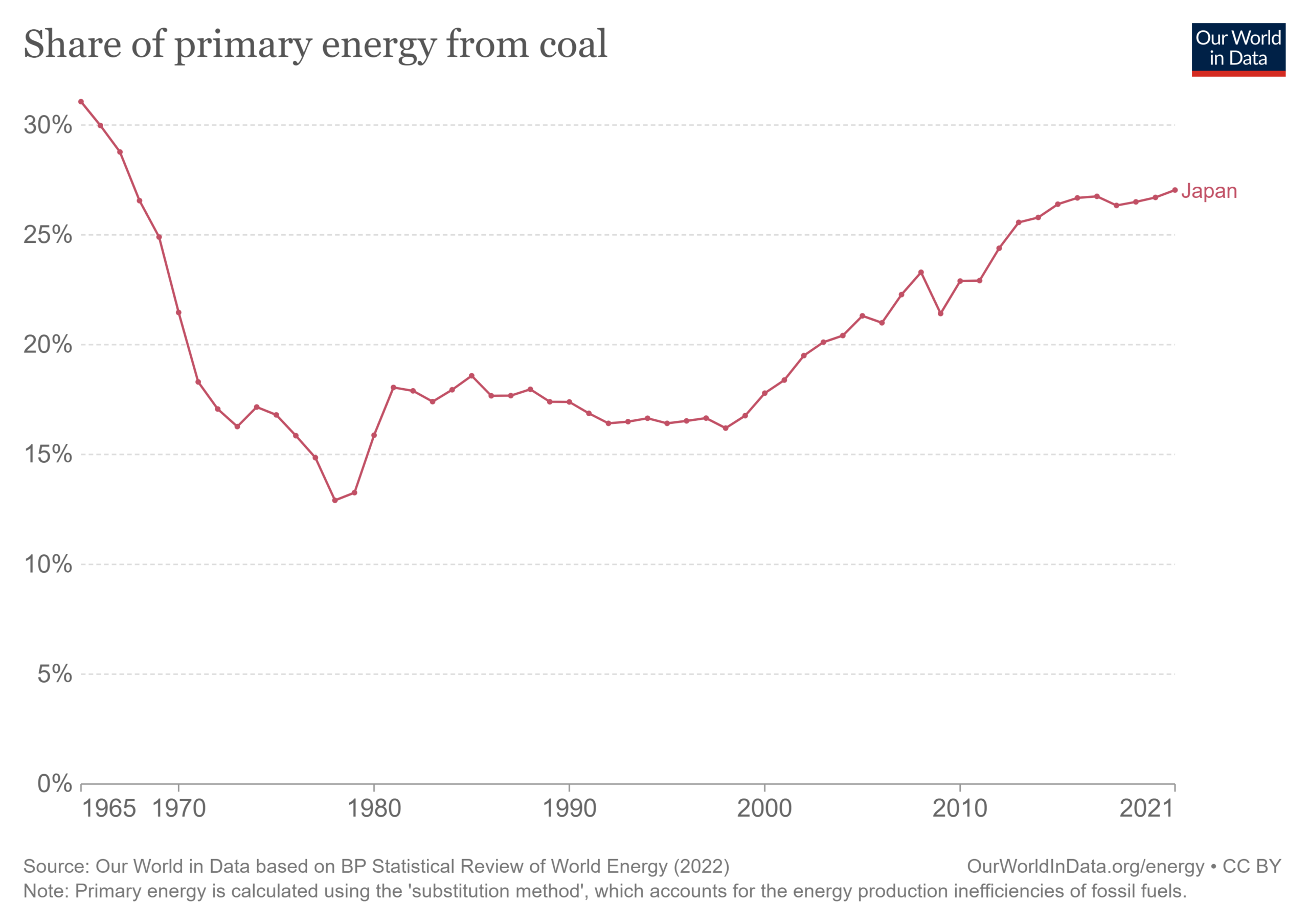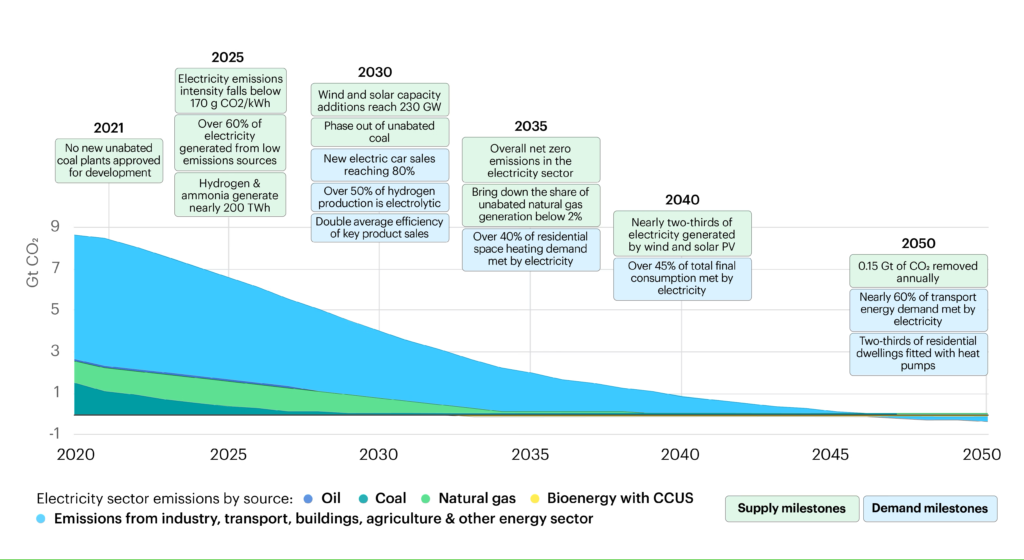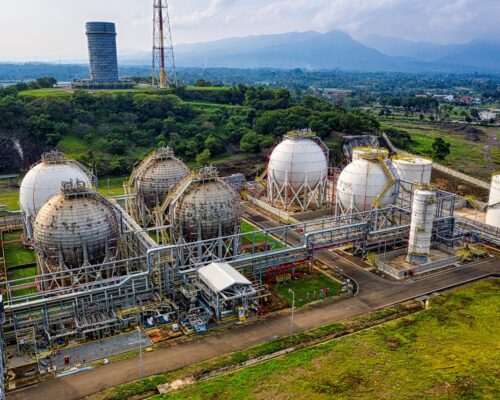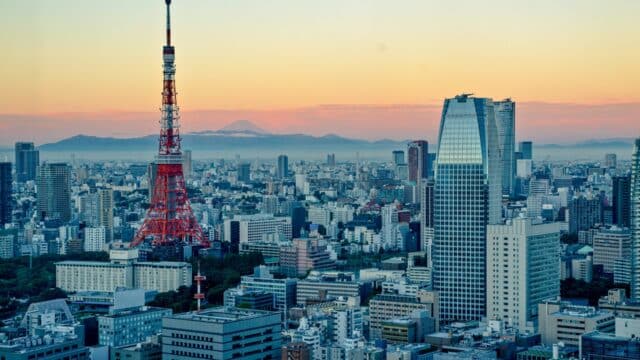Japan’s Priorities as G7 President
Source: G7 Hiroshima
10 May 2023 – by Eric Koons
After last year’s G7 meeting in Berlin, a significant pledge was made by the climate, energy and environment ministers to decarbonise the electricity sector by 2035. This year will undoubtedly feature a critical climate check-in and reveal Japan’s priorities as G7 President.
The G7 Summit’s annual meeting, a symbol of global cooperation, progress and unity, will bring together the leaders of the United States, Canada, France, Germany, Italy, Japan and the United Kingdom.
Originating in 1975 as an informal meeting of the heads of governments, the forum’s participants now represent about 40% of the global economy and 25% of global carbon emissions.
This year Japan holds the presidency of the G7 for the first time since 2016. The 2023 G7 Summit’s annual agenda will allow global leaders to further discuss issues and forge alliances to navigate the climate crisis amid growing geopolitical tension. In addition, the ongoing Russia-Ukraine War gives a renewed sense of urgency to expedite the transition to cleaner energy sources.
Where Japan’s Priorities Clash with the G7’s and International Community
The 49th G7 Summit will be held in May, in what will be the second time attending for Prime Minister Fumio Kishida. Before the May meeting, G7 nations released a 36-page document outlining commitments leading into this year’s summit.
While some commitments, like ending fossil fuel subsidies by 2025, are positive, others are concerning. Japan’s national energy strategy relies on its “clean coal”, hydrogen and nuclear energy technologies. Additionally, there is no timeline for phasing out coal-powered power plants. These developments are at odds with other G7 members who are committed to completely phasing out coal power by 2030.

Despite previous pledges to phase down coal use, Japan’s coal power capacity has steadily increased since the early 2000s. Coal currently accounts for close to a third of the country’s energy.
In such a significant year, Japan’s role as G7 president will put a spotlight on its environmental policies and progress towards its goals.
So, where will the focus be at the G7 Hiroshima Summit? Here is what the Japanese government is highlighting.
Global Trade During the Russia-Ukraine War
A hallmark of the G7 talks is the macroeconomics of the global economy. This year is no different. However, it will also focus on how ongoing geopolitical issues will guide economic growth or contraction. Conflicts in the Indo-Pacific and Ukraine, alongside nuclear disarmament, will play critical roles in conversations about global economic security.
In January, Japan’s Minister of Economy, Trade and Industry Yasutoshi Nishimura, described the effects of these multiple crises by saying that “the global shocks that have occurred, one after the other in the span of only a little more than two years, have truly been a wakeup call.”
This year’s summit will see special attention paid to trade policy, which saw several hits during 2022.
Climate Change and Energy
Meanwhile, no conversation about economic security is complete without discussing urgent issues in climate change and the clean energy transition.
The pathway is clear. Science supports that decarbonising electricity by 2035 is critical for G7 nations. Additionally, a move to renewables provides energy independence and security, which the COVID-19 pandemic and the Russia-Ukraine War recently highlighted.

Japan will strongly emphasise its green transformation (GX), which will be a balance between urgent clean energy transitions and realistic emissions reductions that don’t curb economic growth. A vital component of this effort will be aiding developing countries in adapting to green energy and tapping resources from the G7 to do so.
Digitalisation
Creating new value through innovation, which will be made possible by adopting digital technology, will be central to G7 conversations. Its adoption can help steady the world from unpredictable occurrences like pandemics, wars and extreme weather.
Japan’s proposed guiding principle, Data Free Flow with Trust (DFFT), seeks to enable a cross-border free flow of data and has widely received positive global feedback. It promises an increased ability to bridge communication and integrate digital policy across various international forums. It will play a crucial role in creating broader global energy transition policies.
Additionally, digitisation, from the “Internet of Things” to more efficient modelling, will be crucial in mitigating climate risk. Furthermore, it facilitates developing countries to aid the less developed in adaptation support.
Is Japan’s Green Transformation All Smoke and Mirrors?
Hiroshima’s G7 will be a crucial place for Japan to save face in what has been all talk and little action. Japan is now on the back foot, and many experts question the trustworthiness of its climate commitments. However, if Japan uses its role as president to align its priorities with other G7 nations, like ending coal financing, it will demonstrate that the country has a realistic pathway for decarbonisation.
So far, Japan’s public-facing actions give the feeling that the country will sign climate commitments to compromise with the other G7 leaders. However, what it will do in practice is another matter.
by Eric Koons
Eric is a passionate environmental advocate that believes renewable energy is a key piece in meeting the world’s growing energy demands. He received an environmental science degree from the University of California and has worked to promote environmentally and socially sustainable practices since. Eric’s expertise extends across the environmental field, yet he maintains a strong focus on renewable energy. His work has been featured by leading environmental organizations, such as World Resources Institute and Hitachi ABB Power Grids.
Read more

